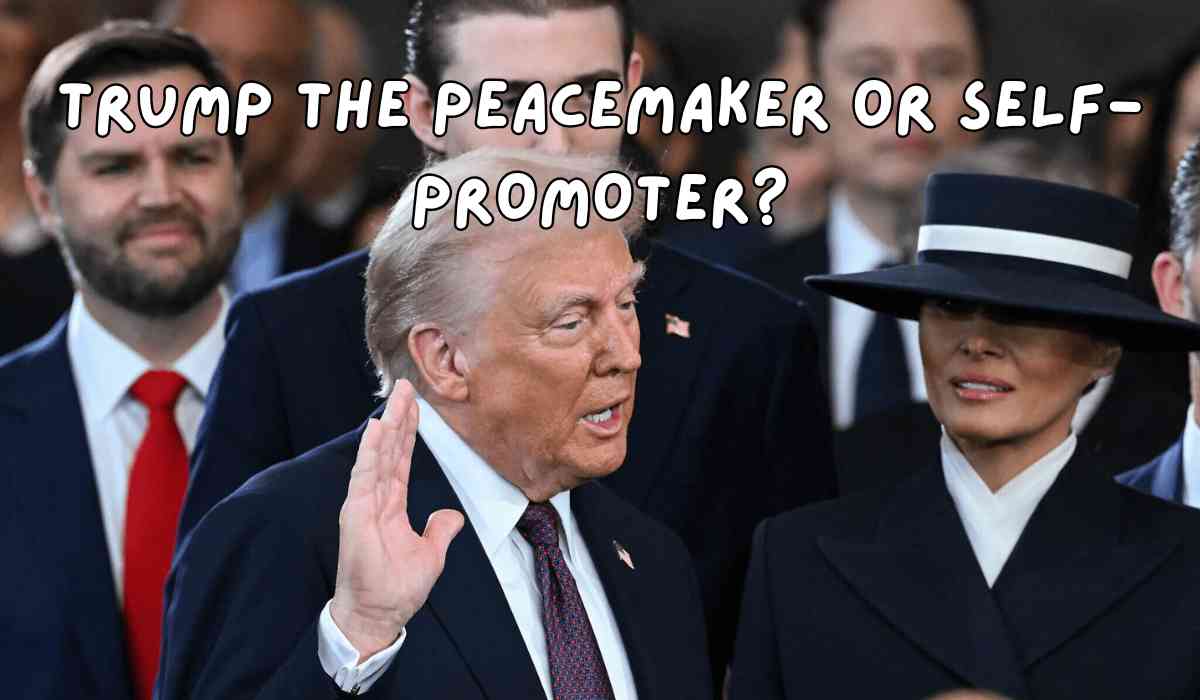In the global theatre of diplomacy and warfare, few political figures have mastered the art of self-promotion quite like Donald J. Trump. The former U.S. President has, time and again, positioned himself as a lone ranger for world peace—a leader capable of defusing global crises with a few decisive moves or well-placed phone calls. But as the dust settles on his ceasefire claims, questions loom large: Which war has Trump actually stopped? And more importantly, how many of his “peace-making” efforts were accepted, acknowledged, or even real?
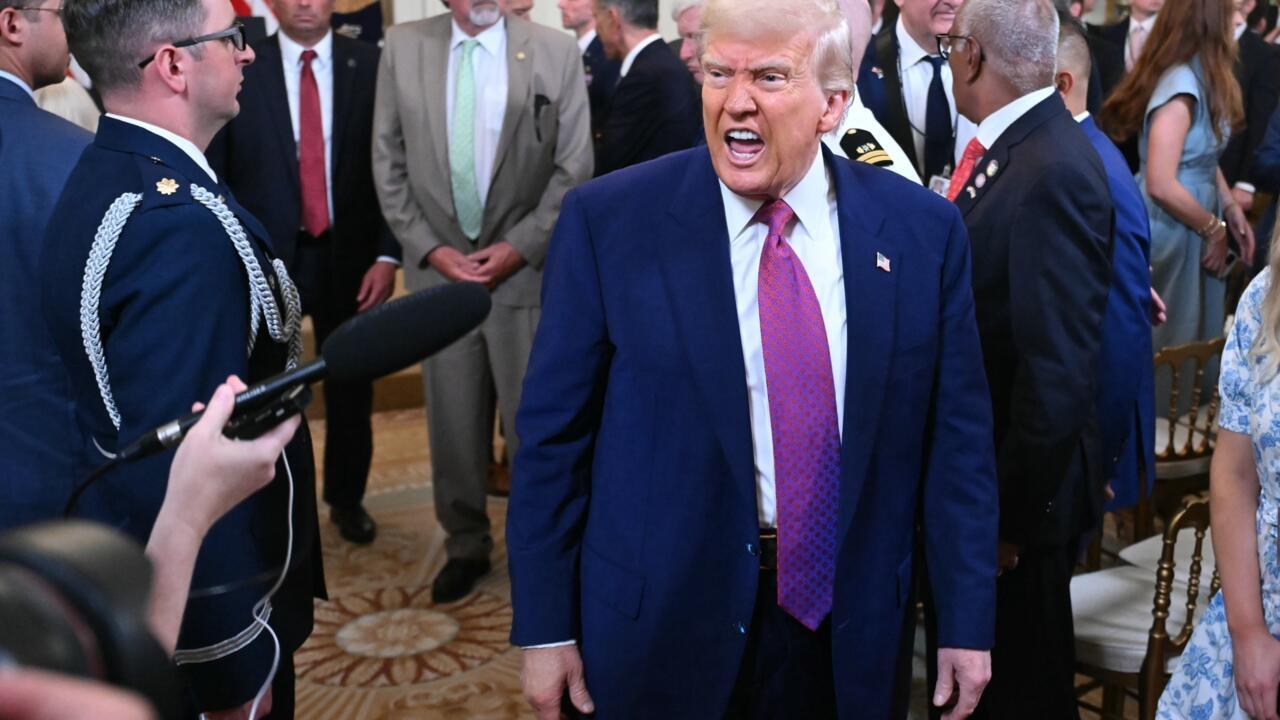
Trump’s Ceasefire Claims: A Pattern of Self-Congratulation
Trump has painted himself as a peacemaker in conflicts ranging from the Israel-Iran standoff and the Russia-Ukraine war to hostilities between India and Pakistan. Most recently, on June 24, 2025, he proudly declared a victory for peace on his social media platform, Truth Social, announcing a "complete and total ceasefire" between Israel and Iran, whom he praised for their "stamina, courage, and intelligence."
However, there was a glaring contradiction between his celebratory post and ground realities. Even as Trump posted about peace, Iran was launching ballistic missiles at the Al Udeid Airbase in Qatar—home to the largest U.S. military installation in the Middle East. There was no immediate evidence that Iran or Israel formally accepted or acknowledged Trump’s intervention. If anything, tensions remained sky-high.
And this wasn't an isolated case. Trump’s track record reveals a consistent pattern: bold ceasefire announcements often accompanied by little or no corroboration from the nations actually involved.
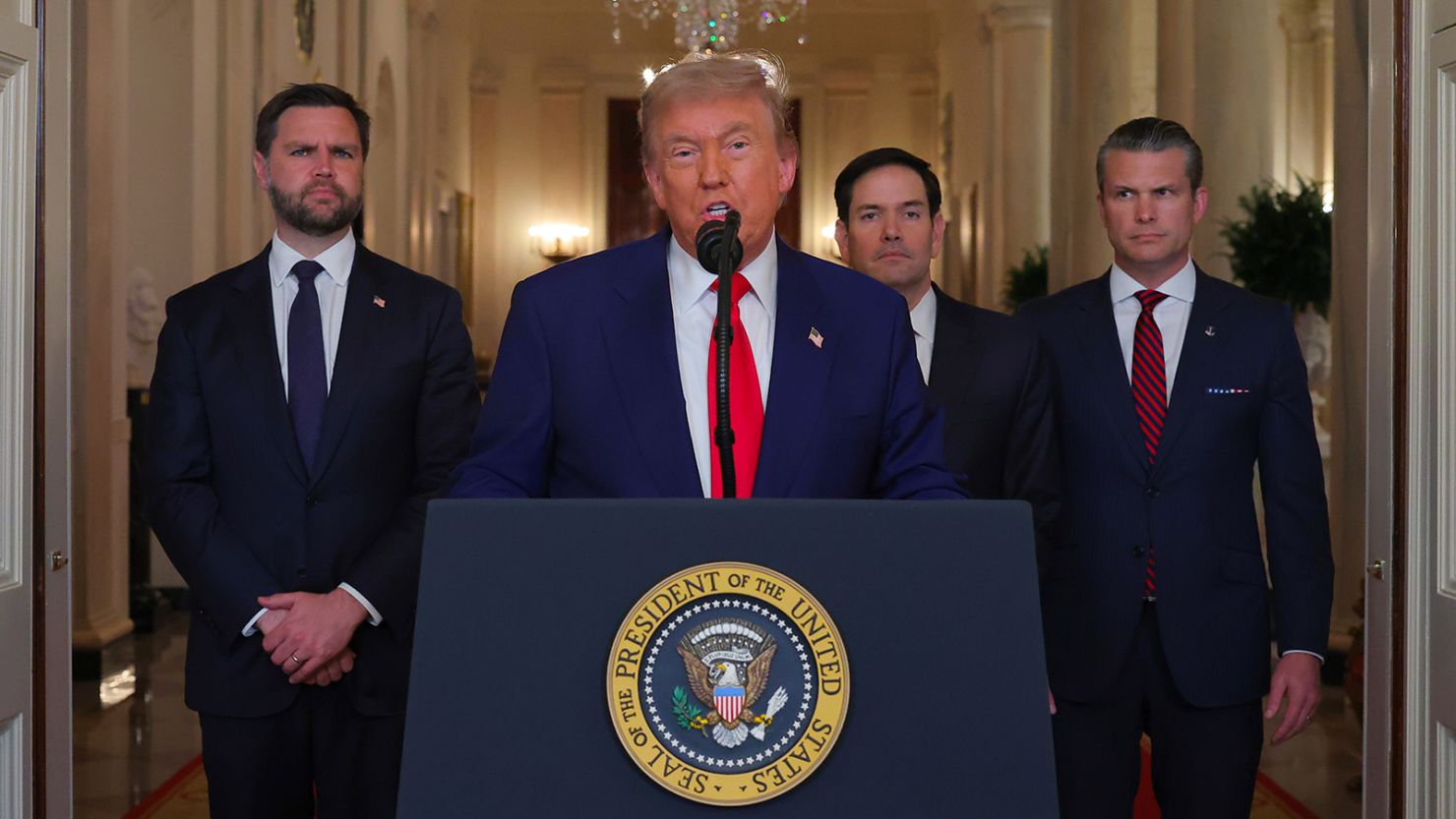
The “12 Day War” Between Israel and Iran: Fiction or Fact?
Trump claimed credit for halting what he called the “12 Day War” between Israel and Iran—a conflict that escalated after the U.S. conducted airstrikes on Iranian nuclear facilities using high-powered weapons like GBU-57 bunker busters and B-2 bombers. The phased ceasefire he announced supposedly involved Iran initiating the halt in hostilities, with Israel following 24 hours later.
However, reports from the ground told a different story. According to some media outlets, it was actually Qatari Prime Minister Sheikh Mohammed bin Abdulrahman Al-Thani who brokered the agreement with Iran. Trump may have simply amplified the development on social media without having played any significant diplomatic role. Notably, Iran’s ambassador to the UN, Amir Saeid Iravani, made no mention of Trump while defending Iran's nuclear ambitions and condemning the attacks by the U.S. and Israel.
Moreover, the ceasefire—if any—remained tenuous. Iran's military capabilities were clearly intact, and continued missile launches post-ceasefire claims indicated that Tehran had no real intention of backing down as long as it could strike back.
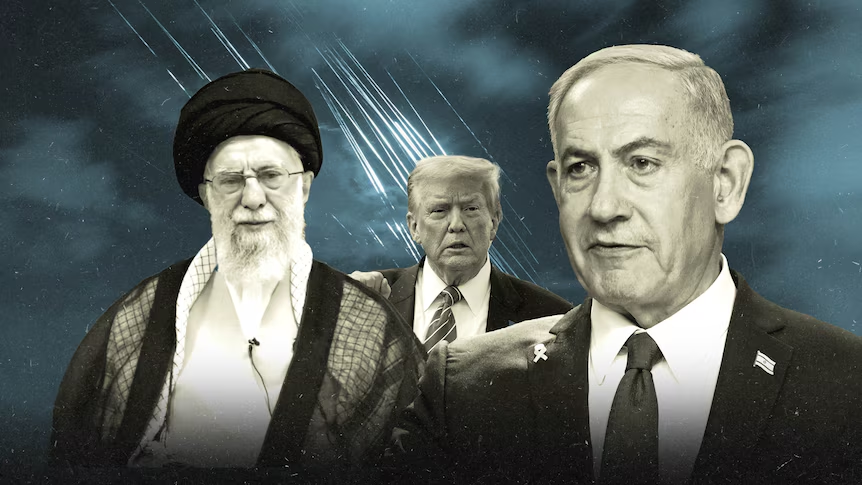
Russia-Iran Alliance and Realignment in the Middle East
The geopolitical chessboard was already undergoing significant shifts. In the aftermath of U.S. strikes, Iranian Foreign Minister Abbas Araghchi visited Russian President Vladimir Putin, who pledged full support for Iran against Israel. The Kremlin's backing not only cemented the Russia-Iran alliance but also deepened the regional polarisation, further marginalising U.S. influence.
Iranian Defence Minister Brigadier General Aziz Nasirzadeh’s meetings with his Shanghai Cooperation Organisation (SCO) counterparts hinted at broader support forming against American-Israeli objectives. Russian Defence Minister Andrey Belousov echoed Tehran’s accusations, asserting that the true U.S.-Israeli aim was to weaken the Islamic Republic and sow chaos in the region.
Even reports by the U.S. Defense Intelligence Agency challenged Trump’s narrative, suggesting that American airstrikes had failed to destroy Iran’s nuclear infrastructure completely—only setting back progress by a few months. This undercut Trump’s claim of having “obliterated” Iranian nuclear capabilities and raised serious doubts about the credibility of his public pronouncements.
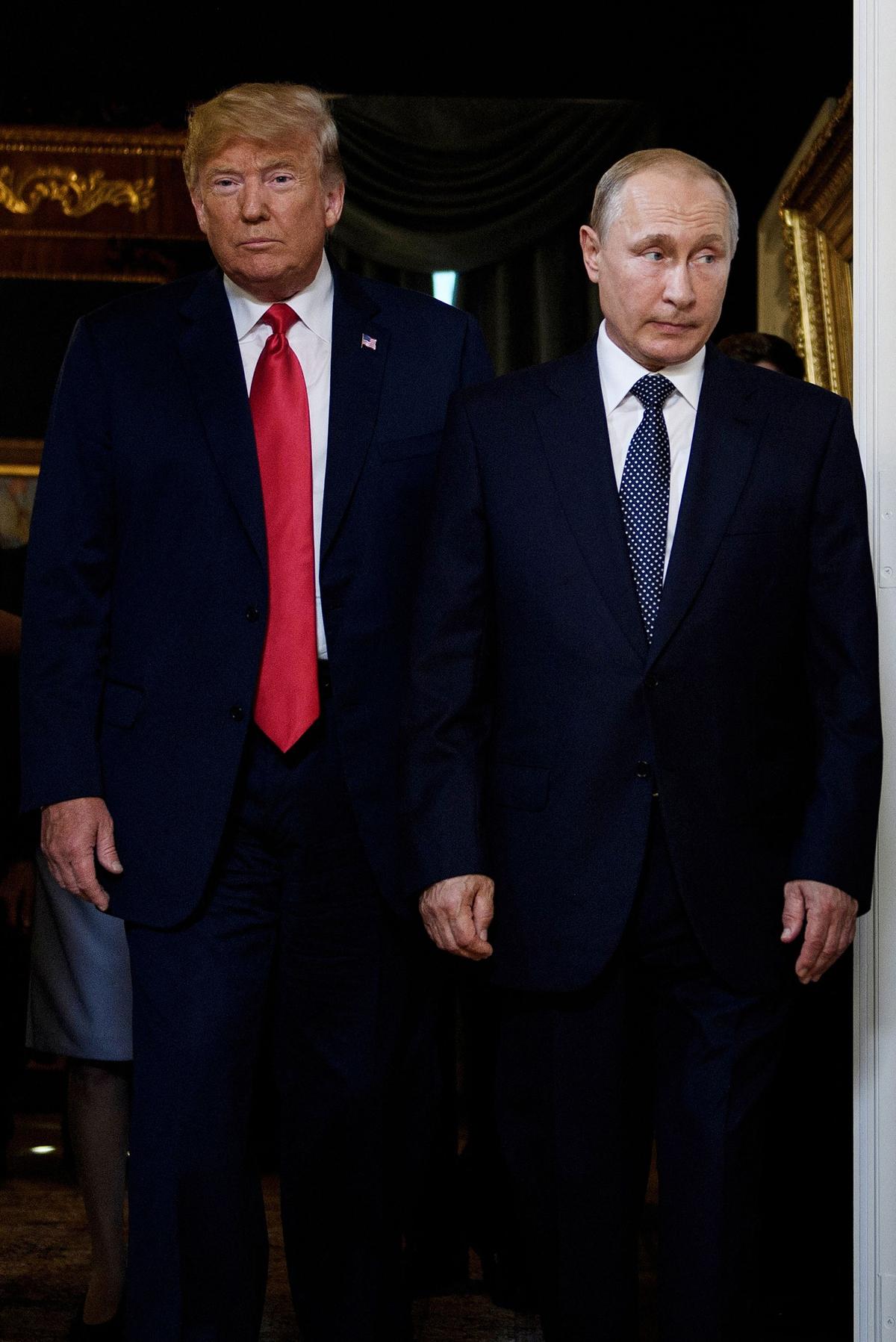
India-Pakistan Ceasefire: Another Disputed Trump Victory
In another example of questionable diplomacy, Trump asserted that he had averted a potential nuclear war between India and Pakistan. According to him, the subcontinent was on the brink, and he personally stopped the escalation. The conflict in question followed India’s Operation Sindoor—a massive retaliation to terrorist attacks in Pahalgam, with Indian fighter jets targeting and damaging Pakistani airbases and infrastructure.
Yet, India categorically denied any U.S. involvement in the de-escalation process. The Indian Ministry of External Affairs clearly stated that the ceasefire was the result of direct military-to-military communication after Pakistan suffered significant losses. "No mediation or intervention," the ministry emphasized, reiterating India’s long-standing policy of bilateral conflict resolution without third-party involvement.
Pakistan, on the other hand, offered partial credit to U.S. diplomacy. This contradiction again spotlighted the murkiness around Trump’s supposed role and his tendency to insert himself into geopolitical narratives with limited substantiation.
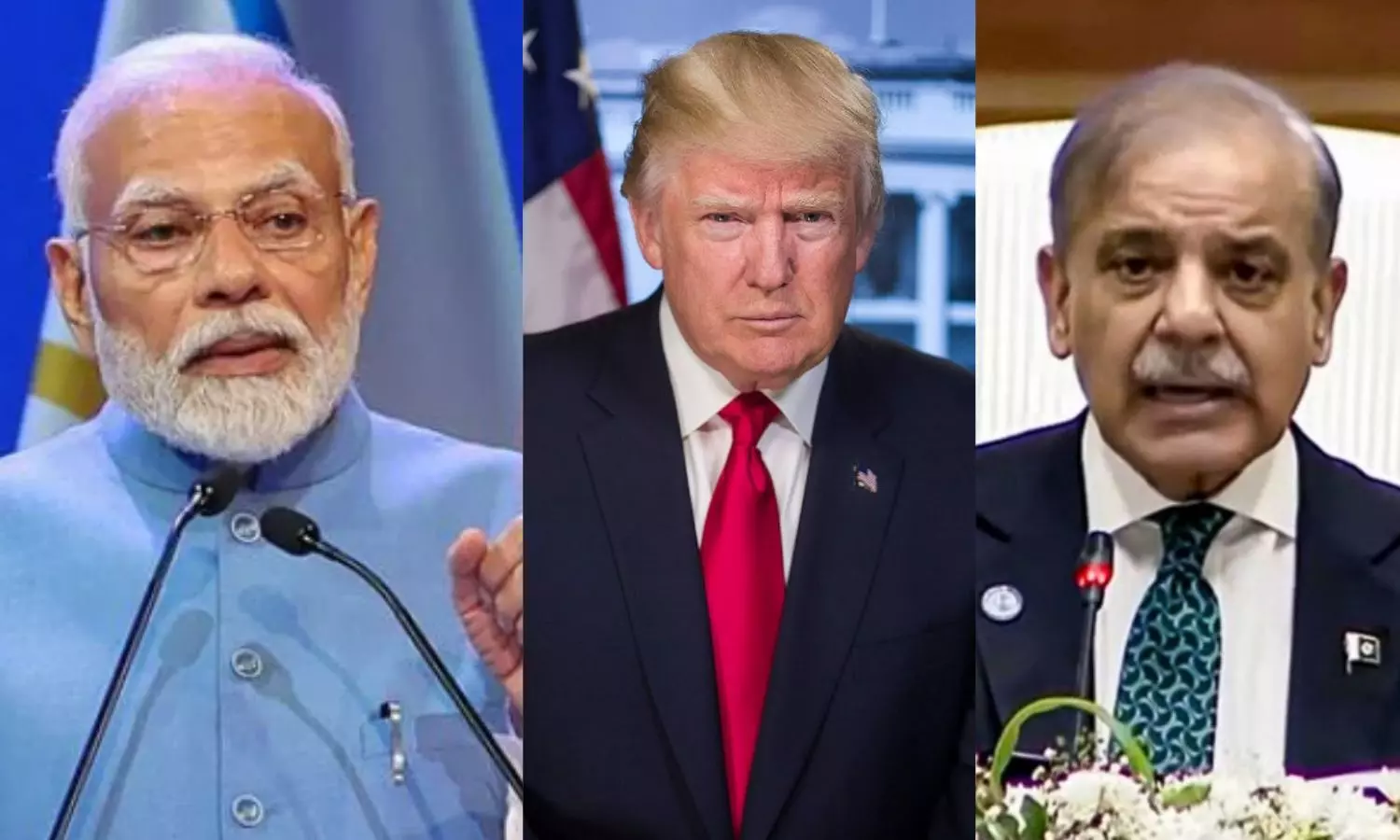
Other Peacemaker Claims: Truths, Half-Truths, and Exaggerations
Trump’s peacemaker brand stretches beyond the Middle East and South Asia.
-
North Korea: Trump’s summits with Kim Jong-un from 2018 to 2019 marked an unprecedented diplomatic moment. While they did lead to a temporary reduction in missile tests, the long-term impact was minimal, and denuclearization never occurred.
-
Kosovo-Serbia: In 2020, Trump did successfully broker an economic normalization agreement between the two nations. Though not a formal peace accord, it was a rare tangible diplomatic success under his watch.
-
Sudan-Israel Normalization: Part of the broader Abraham Accords, the Sudan-Israel deal was indeed announced under Trump but faced serious delays due to Sudan’s internal strife.
-
Afghanistan: Trump touted the February 2020 Doha Agreement with the Taliban as his masterstroke in ending America’s longest war. While the deal did set the stage for U.S. withdrawal, the chaotic final exit occurred under Joe Biden, with the Taliban swiftly regaining control.
-
Russia-Ukraine: Trump has repeatedly claimed that he could end the ongoing war in Ukraine “in 24 hours,” though no formal peace plan has been presented, and the conflict continues unabated.
-
Africa and Nile Dam Dispute: From Congo-Rwanda skirmishes to the Egypt-Ethiopia Nile Dam tensions, Trump claimed diplomatic influence without any corroborating evidence from the regions concerned.
Peacemaker or Self-Promoter?
While Donald Trump’s foreign policy was marked by some notable moments of diplomacy, many of his ceasefire claims fall apart under scrutiny. The inconsistencies, lack of validation from other parties, and timing of his announcements raise critical questions about his motivations.
By repeatedly taking credit for ceasefires that were either unconfirmed or brokered by others, Trump risks trivializing the gravity of global conflicts. His reliance on social media declarations, devoid of diplomatic nuance or international consensus, often overshadows any real progress that may have occurred.
Worse, it exposes the fragility of American leadership in the modern world order. When a sitting or former U.S. president makes exaggerated claims, not only does it affect his credibility, but it also undermines the seriousness of diplomacy and peacebuilding efforts.
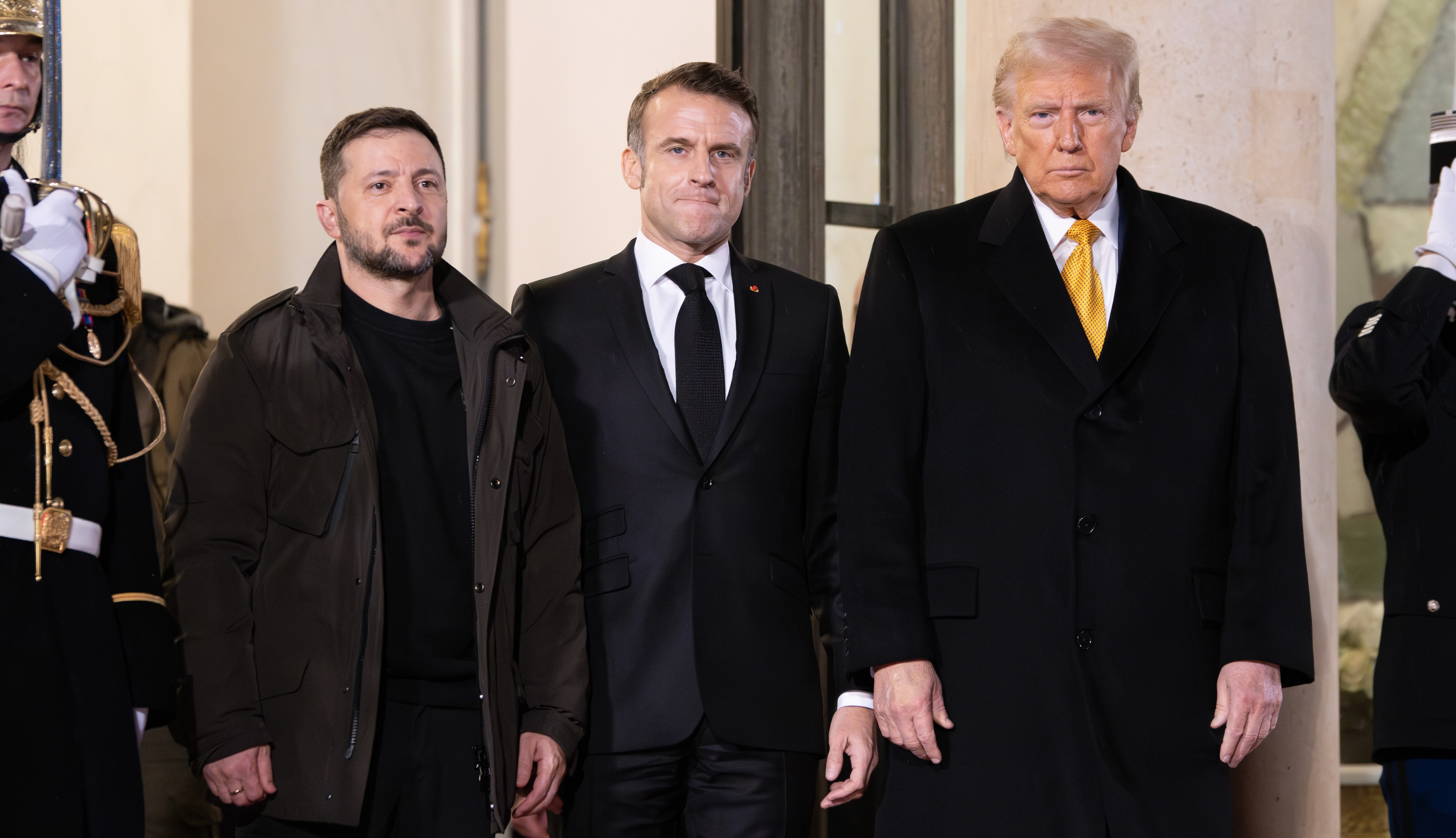
Final Thoughts
Donald Trump’s legacy as a global peacemaker remains, at best, a patchwork of partial truths and disputed claims. From Iran and Israel to India and North Korea, the former president has never missed a chance to proclaim himself a harbinger of peace. Yet, in the absence of mutual recognition from the parties involved, many of these declarations come across as political theatre—designed more for domestic applause than global stability.
As the world grapples with increasingly complex geopolitical crises, peace cannot be dictated via tweets or Truth Social posts. It demands sustained diplomacy, mutual respect, and—above all—truthfulness. And that may be the one ceasefire Donald Trump is still unwilling to declare: a ceasefire with self-congratulatory fiction.
Views expressed in the above piece are personal and solely those of the author. They do not necessarily reflect Vygr’s views.
With inputs from agencies
Image Source: Multiple agencies
© Copyright 2025. All Rights Reserved Powered by Vygr Media.

